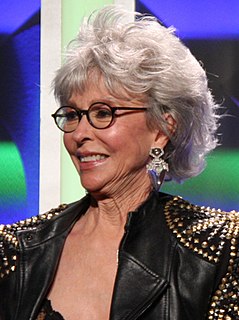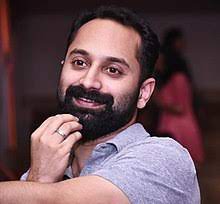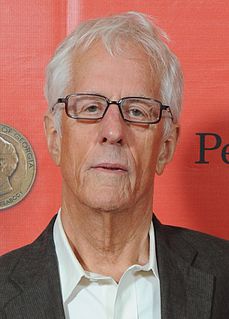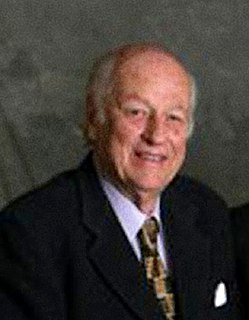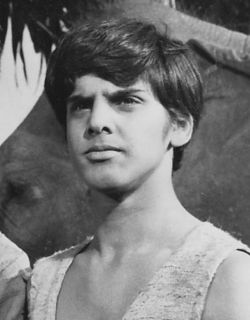A Quote by Coco Martin
I want to remind people that we create films for the MMFF as gifts to them, not to see whose entry is better or which film earned more at the tills.
Related Quotes
I call myself the hardware shelf. There's a lot of awards and honors there. And I have earned that. I didn't ask for it, I didn't beg for it, I didn't pay for it. I earned that. People see the accomplishments - but it's good to remind people that so much strife and labor and tears and heartbreak came before that, that it really is earned.
I think movies in general should have more respect for the audience than they do. Too many films are afraid to confuse people, so all the information is given to them right away, and there's nothing left for the film to do. It ruins many stories, because everything becomes obvious and predictable. I want my films to engage people more and make them more actively involved in the story.
The ratings system is so bogus and people know it. Fewer and fewer people care. The ratings board has sort of exposed itself. But my problem is, as a parent, there's this area of film that my daughters want to see. They're not my kind of films, I don't want to go see them, but I really want to know whether my daughters can see them or not. The morality of what the ratings board is doing now escapes me. I don't get it.
I should like to see any power of the world destroy this race, this small tribe of unimportant people, whose wars have all been fought and lost, whose structures have crumbled, literature is unread, music is unheard, and prayers are no more answered. Go ahead, destroy Armenia . See if you can do it. Send them into the desert without bread or water. Burn their homes and churches. Then see if they will not laugh, sing and pray again. For when two of them meet anywhere in the world, see if they will not create a New Armenia.
Today, they make films where you have to sit for an hour and a half and watch somebody in the process of dying and, for me, that's rather depressing. Films, in the good old days of the golden age of Hollywood, used to want to inspire people and give them uplift. You're paying good money to see a film, and you don't want to leave depressed!
If we have goals and dreams and we want to do our best, and if we love people and we don’t want to hurt them or lose them, we should feel pain when things go wrong. The point isn’t to live without any regrets, the point is to not hate ourselves for having them… We need to learn to love the flawed, imperfect things that we create, and to forgive ourselves for creating them. Regret doesn’t remind us that we did badly — it reminds us that we know we can do better.

